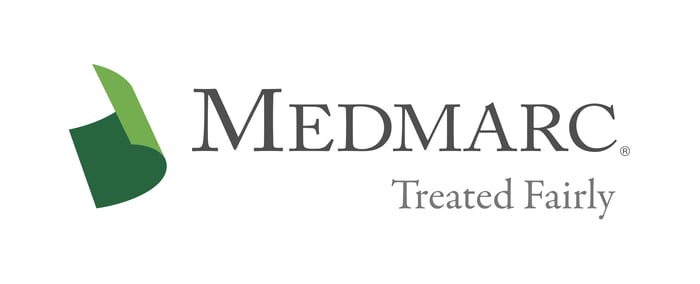New Extension Proposed for European Union’s Medical Device Regulation
Timelines for compliance with the European Union’s Medical Device Regulation (MDR) may be extended again via a legislative proposal recently released by the European Commission (EC), which would also include relief from the existing sell-off date for legacy devices. The proposal must gain the approval of the European Parliament and the European Council, which will use an accelerated co-decision procedure to determine the fate of the proposal.
The initial effective date of the MDR was May 26, 2021, although this was relaxed initially because of the COVID-19 pandemic. The lack of availability of notified bodies (NBs) to review certificates that had been issued under the Medical Device Directive (MDD) has also impeded the implementation of the MDR, which led the EC to announce the proposal Jan. 6, 2023. The EC explicitly acknowledged that patients in the European Union are likely to experience a shortage of medical devices absent a legislative override of the current compliance timelines, but the notice emphasizes that this proposal does not affect expectations regarding the safety and performance of devices already on the market in the EU.
One of the key features of the proposal is that it does away with a limited sell-off period for devices granted market access under the MDD, which had been set for May 26, 2025. However, the proposal would also eliminate the sell-off period for in vitro diagnostics reviewed under the legacy regulation for IVDs, which had been set at May 26, 2028. The proposal otherwise omits any discussion of the new In Vitro Diagnostic Regulation (IVDR), which has also been the subject of a delayed compliance deadline. One of the open questions facing the Commission is whether the compliance date for the IVDR will have to be delayed again as well.
There are three transition periods for devices with certificates issued under the MDD, the first of which is May 26, 2026, for custom-made, class III implantable devices. The transition period for class III devices and class IIb implantable devices would be delayed to Dec. 31, 2027, while the transition period for class IIa and non-implantable class IIb devices would be revised to Dec. 31, 2028. These transition periods are not available to modifications of devices unless those modified versions were already covered by a CE mark by the end of 2021.
If enacted, this legislative proposal would require that a manufacturing site update its quality management system to be in compliance with the MDR by May 26, 2024, which is an important date for another reason. This is also the date by which the manufacturer must have an application on file for that device under the MDR. The appropriate post-market surveillance activities would continue to be the responsibility of the NB that issued the certificate under the legacy regulatory system, but that responsibility would shift to the NB of record for the application under the MDR upon the signing of an agreement between the NB and the manufacturer.
The number of NB certifications rose significantly over the course of 2022, but the EC stated that there is still insufficient NB capacity to process all the devices granted market access under the MDD. This also applies to implanted medical devices granted market access under the Active Implantable Medical Devices Directive (AIMDD), but of particular concern for the EC is that small and medium enterprises might be disproportionately affected by the NB capacity shortage.
For additional resources contact the Marketing department
Phone: 888-633-6272
Medmarc is a member of ProAssurance Group, a family of specialty liability insurance companies. The product material is for informational purposes only. In the event any of the information presented conflicts with the terms and conditions of any policy of insurance offered from ProAssurance, its subsidiaries, and its affiliates, the terms and conditions of the actual policy will apply.
Copyright © 2024 - Medmarc
